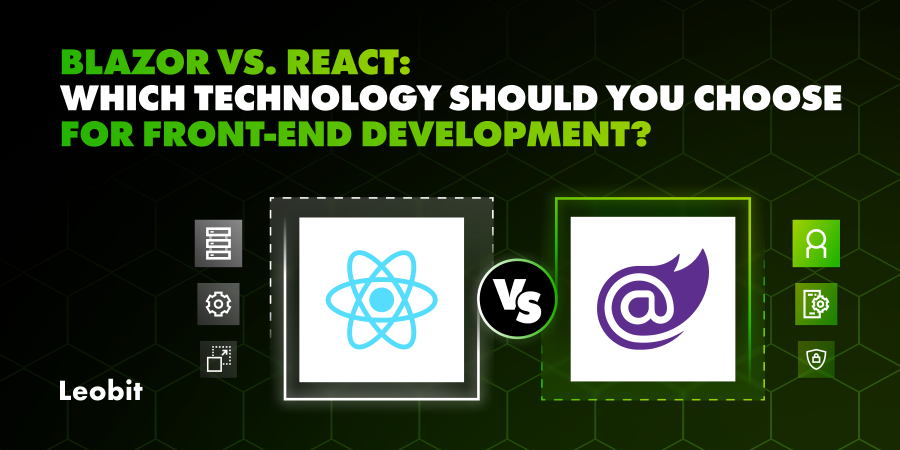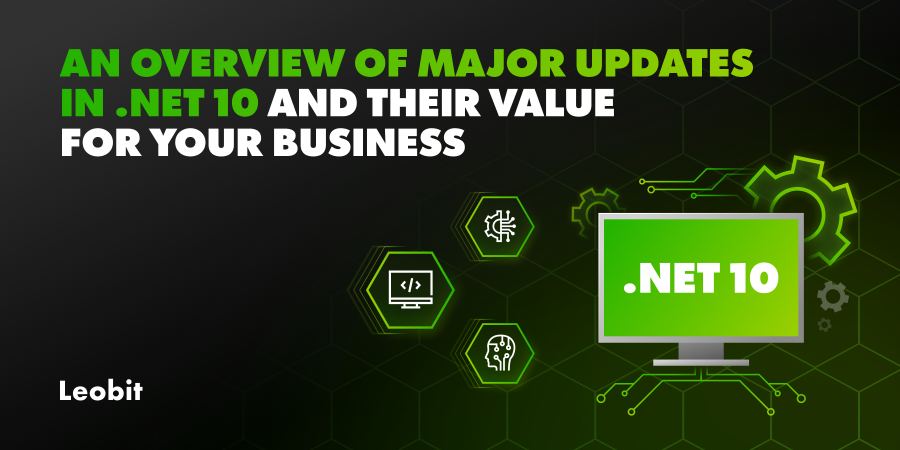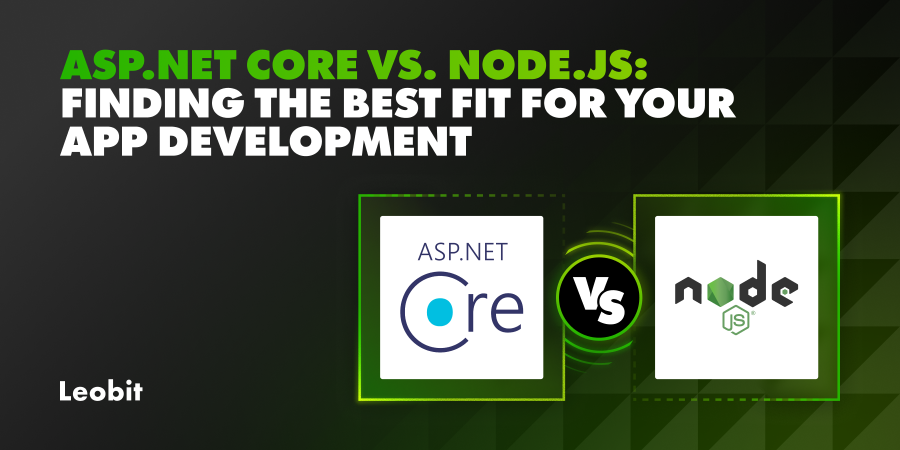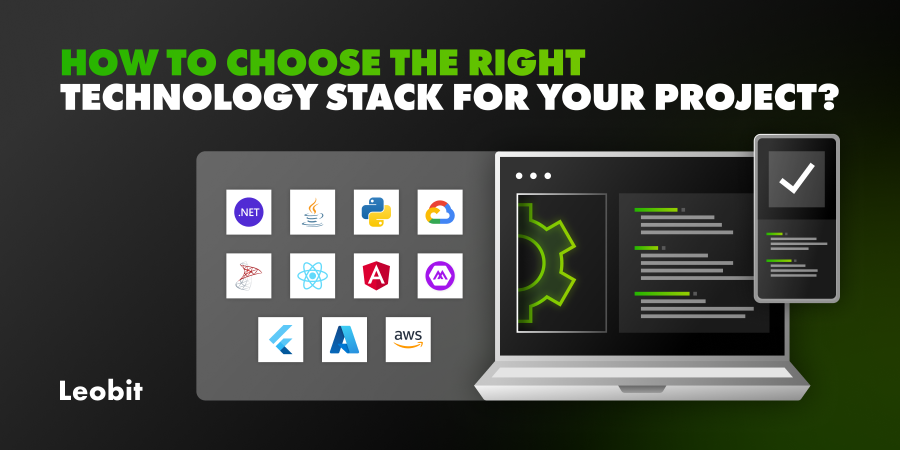Choosing a Blazor development company isn’t just about reviewing portfolios and ratings, it’s about asking the right questions to understand whether the team is technically capable, communicative, and aligned with your goals. These questions will help you evaluate their experience, processes, and how well they can meet your specific project needs.

1. What is your hands-on experience with Blazor?
Blazor offers three hosting models: Blazor WebAssembly, Blazor Web App, and Blazor Hybrid. Each one has different architecture and performance implications. Ask the company which model they’ve worked with and in what context. A mature development partner should be able to explain the trade-offs and recommend the best fit based on your app’s requirements.
2. Can you walk us through a recent Blazor project you delivered?
Rather than relying on general statements, ask for real-world examples. A walkthrough should cover the business goals, technologies used, challenges faced (such as performance tuning, client-side logic, or real-time updates), and how the company solved them.
3. How do you approach application architecture and scalability in Blazor?
Blazor apps can become performance-heavy, especially with WebAssembly. Ask how the team handles lazy loading, component reusability, caching strategies, and data transfer between client and server. Their approach to architecture will affect how well your app performs under load and its ability to scale over time.
4. What is your testing and quality assurance process?
A reliable partner takes testing seriously and should perform different types of testing, including unit testing, integration testing, and UI testing, to ensure high-quality software. Ask about the frameworks they use, like xUnit, bUnit (for Blazor-specific components), or Selenium for end-to-end testing. Also, clarify how often they test during the development cycle.
5. What level of support do you offer after the app goes live?
It’s essential to know what happens after launch. Does your potential vendor offer maintenance plans, bug fixing, performance monitoring, and updates when Blazor or .NET evolves? A good Blazor partner should treat launch as the beginning, not the end, of your collaboration.
The answers you get during this evaluation process can reveal a lot about each potential vendor, their technical experience, and their general attitude to projects. Such information will help you distinguish between experienced Blazor developers and those still learning the framework.

















